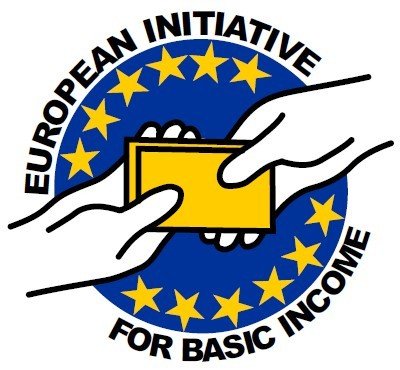Unconditional Basic Income: An Economic Perspective

A wide range of public figures from the social sciences, politics and business have proposed paying every citizen a fixed amount of income without means testing or work requirement. The idea is fascinating. Most recently, a widely reported crowd-funding initiative from Berlin collected €12,000 to finance one year's worth of unconditional basic income for a randomly selected individual.

After introduction of a UBI, every citizen would be entitled to a payment of maybe €1000 per month, however, there would be no social insurance payments based on unemployment, job-seeking or need. Most basic income proposals include financing through a relatively flat income or consumption tax. Social security contributions would be reduced, with pensions and health insurance paid for by general taxation. Two prominent UBI schemes that have been adapted to the German institutions include those put forward by the mediatic founder of pharmacy chain "dm (Drogeriemarkt)" Gotz Werner and the "Solidarisches Bügergeld" proposed by the head of the German economic research institute HWWI Thomas Straubhaar Rather than evaluating specific basic income schemes, this contribution focuses on economic considerations that apply to a range of different schemes.

_______________________________________________
Taking the distributional effects seriously raises questions of justice. In the final section, the prospects for adoption of a UBI in Germany are considered. Advantages and Disadvantages of an Unconditional Basic income Proponents of the UBI argue that it is more efficient compared to current social insurance systems whilst at the same time enabling a more just distribution Additionally, it is intended to provide citizens with opportunities outside the labour market. First, UBI can address poverty. Under this premise, a recent UNICEF report studied a limited monthly Child Basic Income of €50 per child in all EU countries funded a flat tax of 0.2% on EU incomes Child poverty could be reduced substantially, child benefits are already paid unconditionally an exception in the current system. Secondly, a UBI could remove so-called poverty traps inherent in a tax and benefit system in which benefits are rapidly withdrawn on taking up work, thus "reducing unemployment without increasing poverty". Thirdly, the current highly complex tax-and benefit system generates large administrative costs, as well as uncertainty, stress and stigma for the benefit recipients (by means testing, monitoring work requirements and tracking the family ties). These user costs have raised concerns about the low take-up rates of certain benefits (Atkinson 2011). Welfare consequences can be serious when the conditions attached to welfare payments are breached (as recent case in the UK shows). Finally, a UBI intended to enable individuals pursue social, artistic or family activities by overcoming material needs of the most basic kind.

The main arguments raised against the UBI concern the financial cost and perceived lack of fairness. Both issues are linked to 2007 behavioural reactions of individuals and firms on the labour market which may be hard to assess in the case of systemic changes a problem that mars all evaluations of large-scale policy reforms, e.g. the assessment of the introduction of a minimum wage. Simple accounting exercises which compare the costs of a UBI with the savings from scrapping various welfare programmes leaving aside any behavioural changes in light of the UBI are not credible.

However, Germany has chosen an alternative path to increase incentives to resume employment making a key justification for the UBI less relevant. Identifying winners and losers of the UBI depends not only on whether an individual is in employment, but also on the type of job the individual is currently employed at, as well as the alternatives individuals have outside the labour market. The potential for an UBI could be further studied with this in mind, however, in practice, given the limited support by trade unions and employers, advancement of basic income proposals appears a remote prospect in Germany. Polling evidence from the US and the failure of a European citizens' initiative also highlight a lack of public support. With this in mind it would be useful to study more limited versions of the UBI (for young people, as a means to finance sabbaticals, etc.). Finally changes in the career paths and the organization of work may increase the relevance of arguments stressing the potential of a UBI to foster individuals' intrinsic motivation and change public perception of the proposal. The redistributive effects of specific UBI schemes would then need to be analyzed.

Orginal text by Luke Haywood (http://www.diw.de/documents/publikationen/73/diw_01.c.479935.de/diw_roundup_33_en.pdf)
Sounds like slavery dude... the beginning of it anyway.